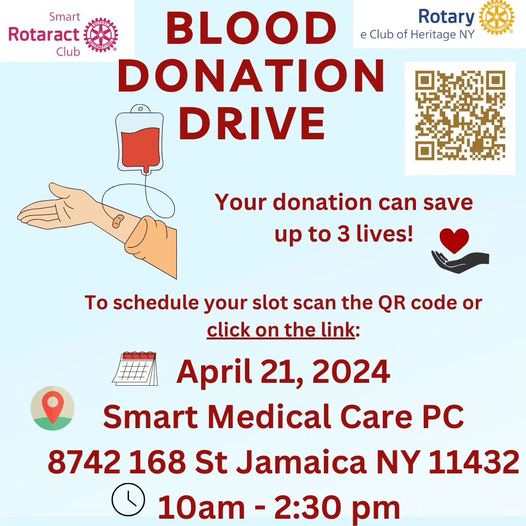 Heritage E-Club and its sponsored Snart Rotaract Club are sponsoring their second Bllo Drive. on Sunday 21 April 2024. It will be held at the Smart Medical Care Center in Jamaica, NY from 10 am to 2:30 pm.
Heritage E-Club and its sponsored Snart Rotaract Club are sponsoring their second Bllo Drive. on Sunday 21 April 2024. It will be held at the Smart Medical Care Center in Jamaica, NY from 10 am to 2:30 pm.A Blood Collection Drive is crucial for saving lives for several reasons:
Emergency Situations: In times of emergencies such as accidents, natural disasters, or medical emergencies like surgeries, blood transfusions can be life-saving. Having an adequate supply of blood readily available ensures that patients receive the critical care they need without delay.
Medical Treatments: Many medical conditions, such as cancer, blood disorders, and chronic illnesses, require regular blood transfusions as part of their treatment. Without access to a sufficient blood supply, patients may face complications or setbacks in their recovery process.
Diverse Patient Needs: Different patients require specific blood types and components based on their medical conditions and compatibility. By regularly hosting blood drives, organizations can ensure a diverse and comprehensive blood inventory that meets the needs of a wide range of patients.
Unforeseen Circumstances: Blood supply can quickly deplete due to unforeseen circumstances such as sudden spikes in demand, seasonal fluctuations, or public health crises. Hosting regular blood drives helps maintain a consistent and reliable blood inventory to address such situations promptly.
Community Support: Blood drives serve as a tangible way for communities to come together and support one another. By donating blood, individuals can directly contribute to saving lives within their community and beyond, fostering a sense of solidarity and goodwill.
Public Health Preparedness: Adequate blood supply is an essential component of public health preparedness. By proactively hosting blood collection drives, organizations contribute to strengthening the healthcare system's resilience and ability to respond effectively to health crises and emergencies.
Overall, blood collection drives play a pivotal role in ensuring access to safe and timely blood transfusions for patients in need, ultimately saving countless lives and improving health outcomes for individuals and communities alike.







 DG Rev. Dr. J. Loren Russell has announced that Dr. Maksud Chowdhury, President of the Rotary E-Club of Heritage, NY has been selected by the District Nominating Committee to be the District Governor for 2026-27. Dr. Chowdhury will immediately become the District Governor Nominee Designee (DGND). On 1 July this year, he will become the District Governor Nominee (DGN), transitioning to District Governor-Elect (DGE) on 1 July 2025. He will officially take over as District Governor on 1 July 2026, succeeding Garrett Capobianco.
DG Rev. Dr. J. Loren Russell has announced that Dr. Maksud Chowdhury, President of the Rotary E-Club of Heritage, NY has been selected by the District Nominating Committee to be the District Governor for 2026-27. Dr. Chowdhury will immediately become the District Governor Nominee Designee (DGND). On 1 July this year, he will become the District Governor Nominee (DGN), transitioning to District Governor-Elect (DGE) on 1 July 2025. He will officially take over as District Governor on 1 July 2026, succeeding Garrett Capobianco.
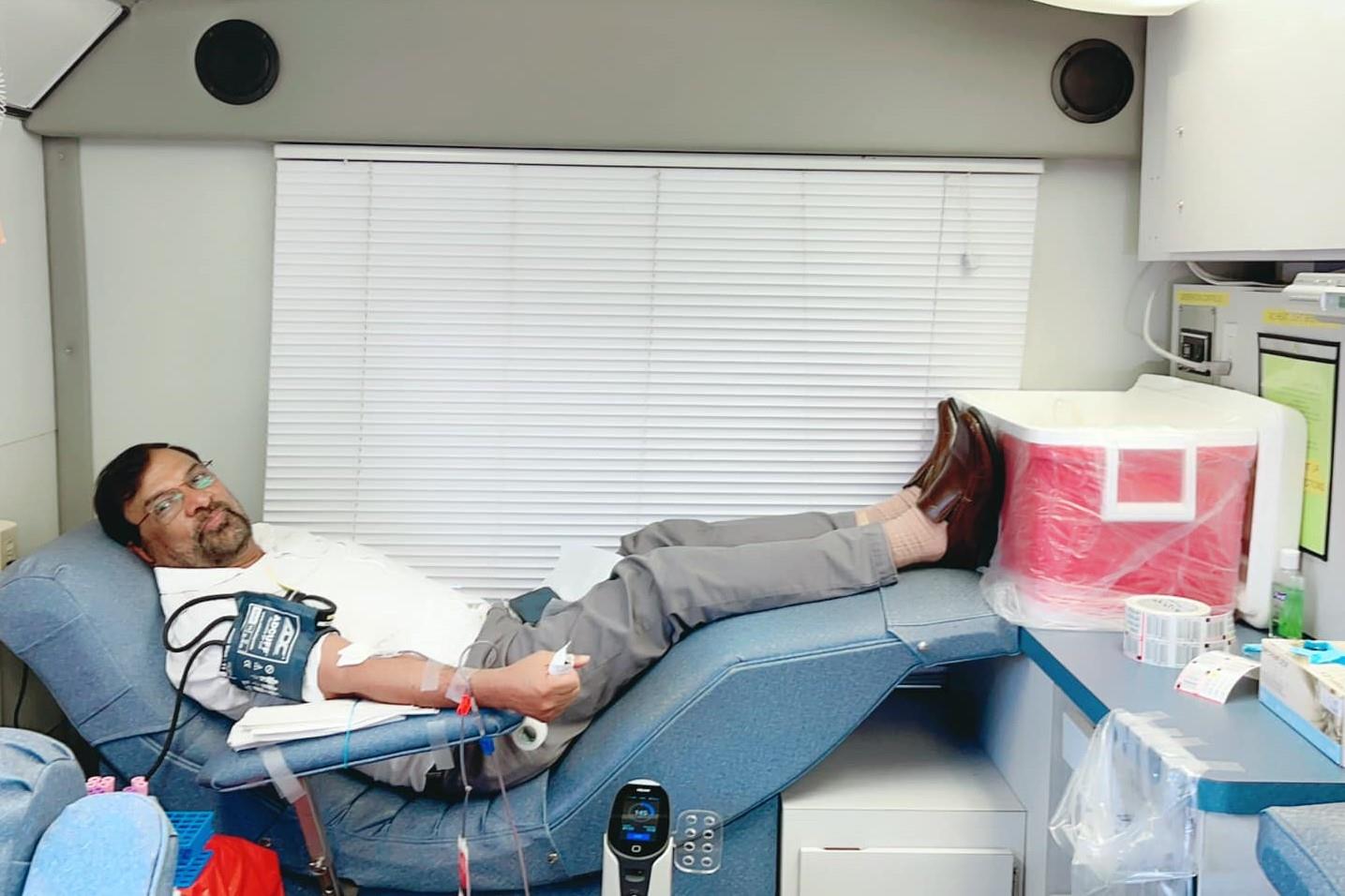

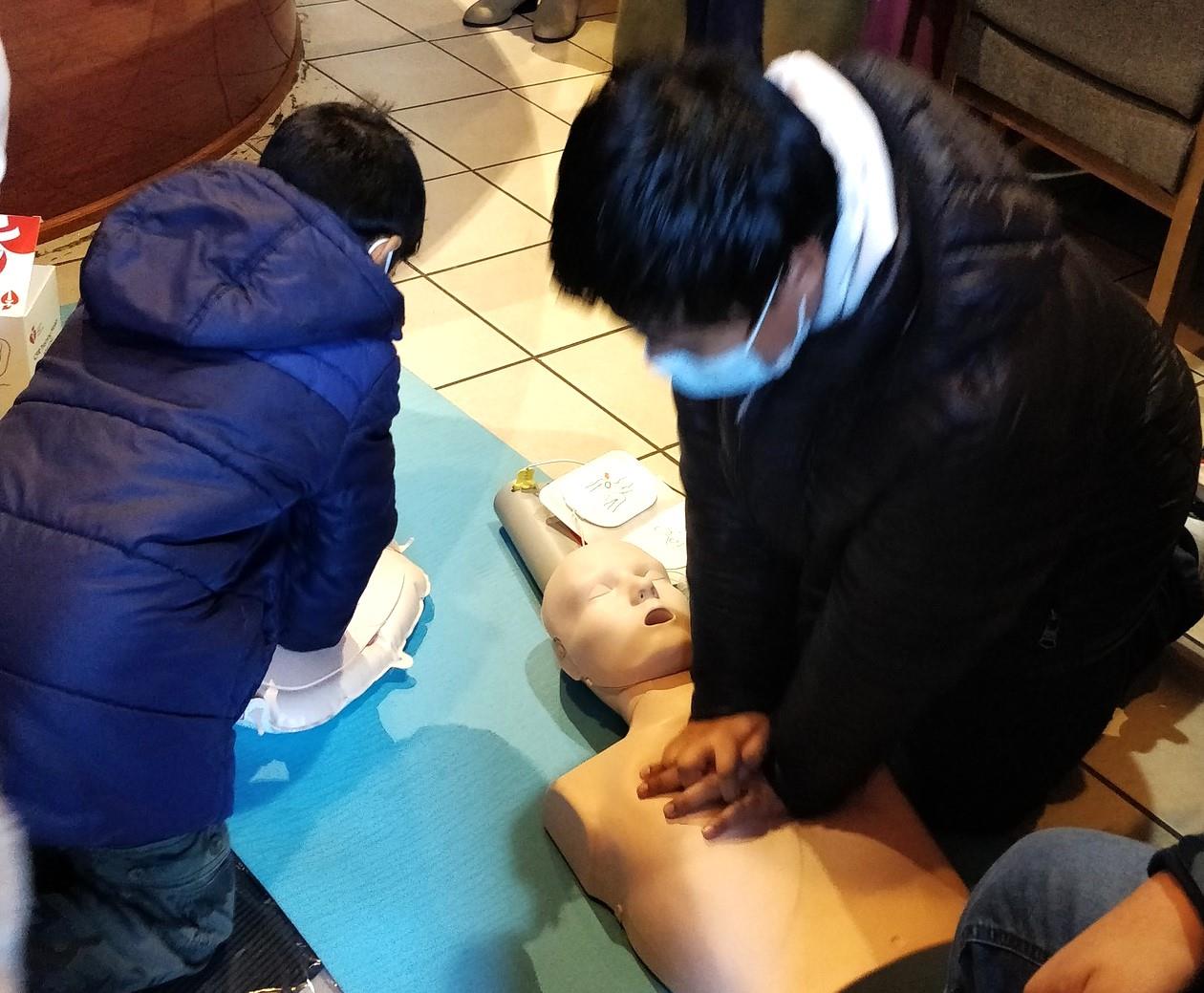 The Heritage NY E-Club is the first new Club formed in the district in 2019, after a number of decades of no new Clubs. Since then, it has flourished, now having 38 members and has won the Presidential citation in its first two years.
The Heritage NY E-Club is the first new Club formed in the district in 2019, after a number of decades of no new Clubs. Since then, it has flourished, now having 38 members and has won the Presidential citation in its first two years.  Dr. Ryan Chowdhury joining the Zoom session from Washington, DC explained the importance of exercise. He said any movement of the body is beneficial. He suggested swimming, biking, running or even walking to keep the body muscles functional and healthy.
Dr. Ryan Chowdhury joining the Zoom session from Washington, DC explained the importance of exercise. He said any movement of the body is beneficial. He suggested swimming, biking, running or even walking to keep the body muscles functional and healthy.


 Club Past President S. Zaki Hossain was honored by Molloy University with a Lifetime Achievement Award at the First Molloy University Gala on Friday, 4 November at Garden City Hotel. The Gala also raised more than $400,000 for student scholarships.
Club Past President S. Zaki Hossain was honored by Molloy University with a Lifetime Achievement Award at the First Molloy University Gala on Friday, 4 November at Garden City Hotel. The Gala also raised more than $400,000 for student scholarships. 



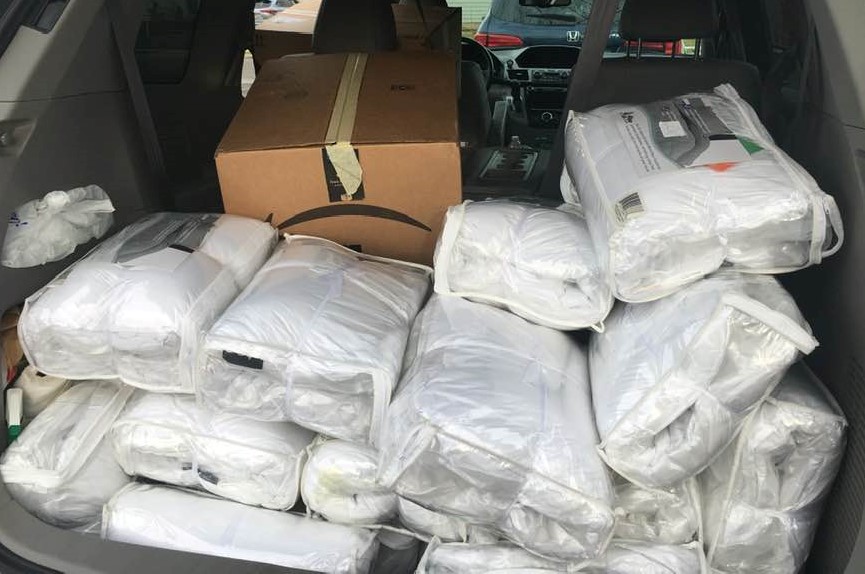

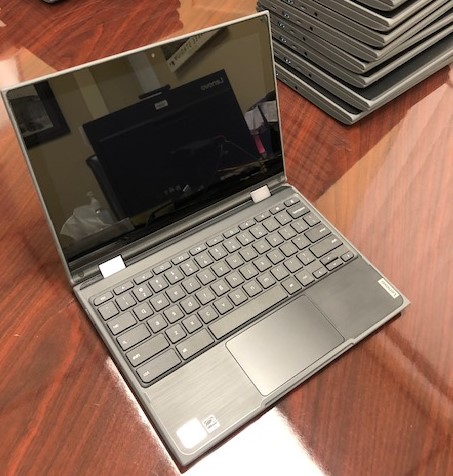 As one of our major projects of the year, our Club has donated 12 laptops to a school to help students there with remote learning. The nearly $5,000 project was funded in part by a District grant, while the club component of $2,500 was donated by Club member Mohammed Saleh.
As one of our major projects of the year, our Club has donated 12 laptops to a school to help students there with remote learning. The nearly $5,000 project was funded in part by a District grant, while the club component of $2,500 was donated by Club member Mohammed Saleh.  The 12 Chromebooks are for students at Longwood School District but will remain the property of the School District. Each student assigned one of these devices will use it for the School year and return it to the School at the end of the academic year. At the beginning of the next year, another batch of students meeting the criteria will be assigned these devices. The Longwood School District was identified as the Project target District because it is a diverse District of 9,200 students with 52% in the free lunch program, and many sub-continent-origin students. These Chromebooks will be given to students in K-4 grades whose parents' annual household income is less than $30,000. These Chromebooks were selected by the Scholl District to match the existing inventory of remote learning devices and have 5-year full replacement coverage. So in the 5-year lifecycle, they will have benefitted 60 students. The Project was completed within about three months.
The 12 Chromebooks are for students at Longwood School District but will remain the property of the School District. Each student assigned one of these devices will use it for the School year and return it to the School at the end of the academic year. At the beginning of the next year, another batch of students meeting the criteria will be assigned these devices. The Longwood School District was identified as the Project target District because it is a diverse District of 9,200 students with 52% in the free lunch program, and many sub-continent-origin students. These Chromebooks will be given to students in K-4 grades whose parents' annual household income is less than $30,000. These Chromebooks were selected by the Scholl District to match the existing inventory of remote learning devices and have 5-year full replacement coverage. So in the 5-year lifecycle, they will have benefitted 60 students. The Project was completed within about three months.
.jpg)

.png)













.png)